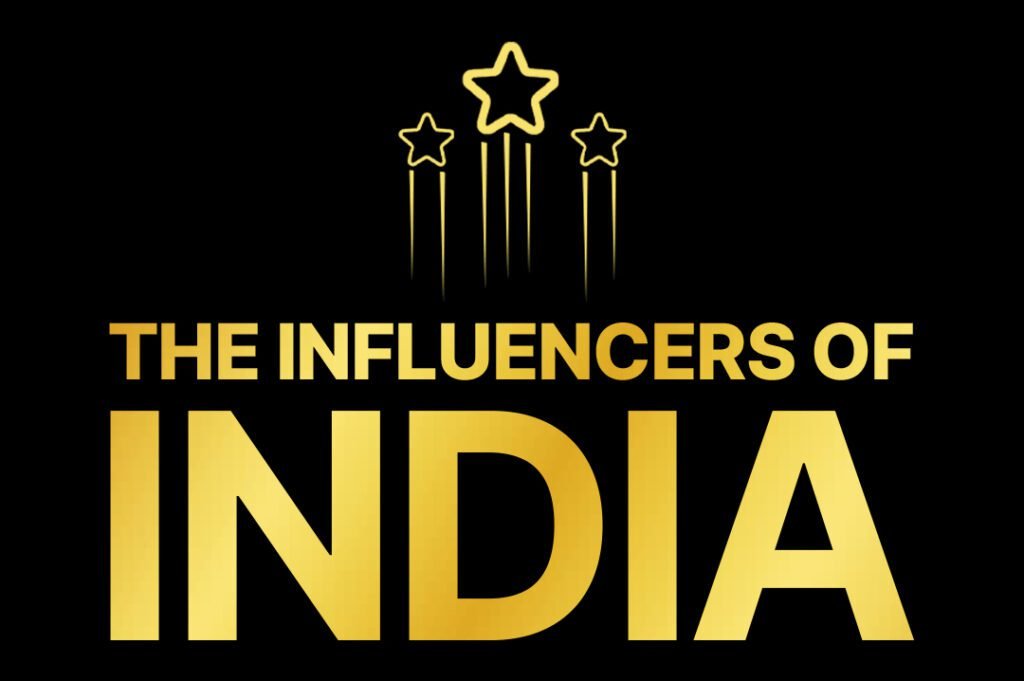Is Karoshi Emerging as a Concern in India?
Recent months have seen a troubling rise in work-related suicides, raising significant concerns about our work culture’s pressures. Are we, too, on the path toward karoshi? Originating from Japan, the term “karoshi” translates to “overwork death,” referring to fatalities linked to excessive work stress, primarily heart attacks and strokes aggravated by malnutrition and exhaustion. The related phenomenon of karōjisatsu describes workplace-related suicides.
One poignant example is the case of Anna Sebastian Perayil, a 26-year-old chartered accountant at S R Batliboi, a member of EY Global, who died on July 20. Hospitalized for exhaustion, her mother revealed that Anna faced immense work pressure, which severely impacted her health, ultimately resulting in her tragic death. This distressing incident underscores the potentially harmful environment now prevalent in many corporate settings.
The shift in work culture has been swift and challenging. Many of my friends in banking and finance were lured by promises of a 9-to-5 job with attractive salaries, only to find themselves ensnared in an exhausting grind. The corporate landscape has become fiercely competitive, setting employees up with unrealistic targets and deadlines. To keep pace, they often find themselves working 18 to 20 hours a day, leaving them unfulfilled and perpetually chasing unattainable goals.

This relentless cycle is slowly eroding the well-being of metro workers, caught in a rat race to maintain a specific lifestyle. Many end up sacrificing basic self-care, such as enjoying a peaceful meal. The stress and strain manifest not just in physical health, but also in mental well-being, leading to burnout and, tragically, loss of life.
We must confront these challenges head-on. Employers must foster a healthier work environment, emphasizing employee well-being over relentless productivity. As we witness these alarming trends, society must reflect on the implications of our work culture and prioritize the mental and physical health of our workforce before it’s too late. The recent suicides of Mr. Chakraborty and Tarun Saxena serve as tragic reminders of the dark side of corporate culture. They highlight a growing crisis that affects not just individuals, but also the families and communities surrounding them. Work stress has become a silent killer, claiming lives at an alarming rate, and revealing the urgent need for systemic change within corporate structures.
These incidents raise critical questions about the pressures that employees face in high-stakes environments, particularly in the banking and finance sectors. The relentless pursuit of targets often overshadows employee well-being, turning workplaces into high-pressure battlegrounds where mental health takes a backseat. Companies seem to prioritize output over human resources, treating dedicated employees as mere cogs in a machine.

While multitasking is often touted as a valuable skill in the workplace, the reality is that pushing individuals beyond their limits only leads to burnout and despair. The expectation to constantly perform at peak levels, sacrifice personal time, and juggle an impossible workload is becoming the norm, rather than the exception. This culture not only demoralizes employees but also creates an unhealthy competitive atmosphere that can lead to devastating outcomes.
It’s alarming that, amid a series of tragic events, the conversation hasn’t shifted meaningfully toward reform. Corporate leaders and policymakers must acknowledge their roles in creating environments that foster stress and anxiety. Whistleblower protection, better mental health resources, and more realistic performance metrics should be at the forefront of corporate governance.
The responsibility does not rest solely with the individuals who succumb to the pressure; it lies with organizations that create these toxic environments. There’s a pressing need for accountability. The companies that perpetuate these deadly cultures need to recalibrate their values to prioritize sustainability over profit and recognize the worth of their employees beyond mere productivity.
Let this be a call to action for both corporations and the government. It’s time to cultivate a working culture that values mental health and well-being, ensuring that those who dedicate their lives to these enterprises are appreciated, supported, and treated with dignity. By doing so, we can hope to prevent further tragedies and start restoring humanity to the workplace.
Stay connected with Kailash Amesur for more inspiring insights and updates! Visit his website for exclusive content, join him on Instagram and Facebook for a glimpse into his journey, and subscribe to his YouTube channel for informative videos that empower your path to success. Don’t miss out on the conversation!















